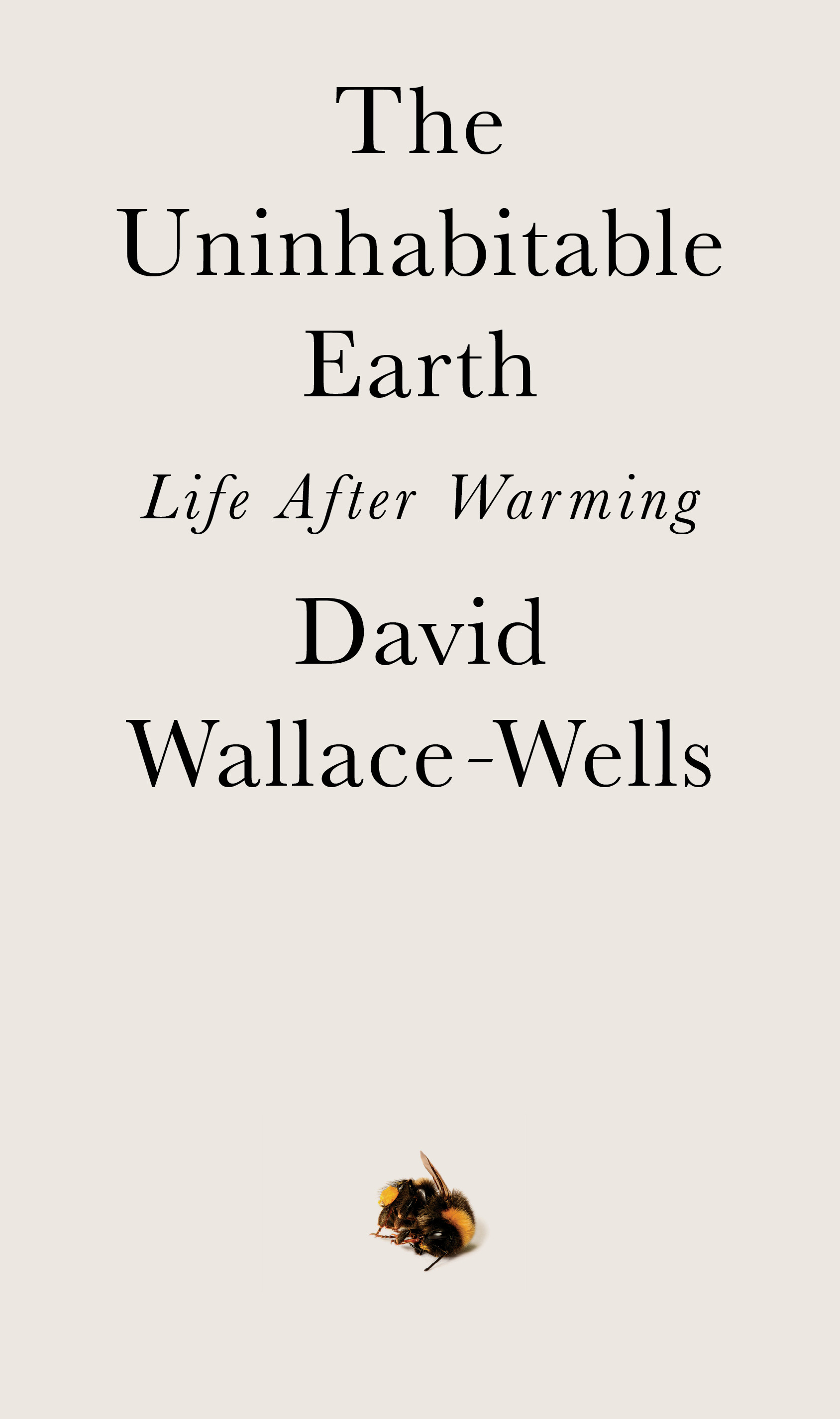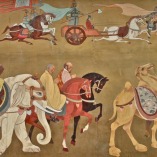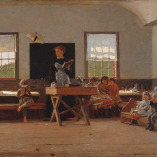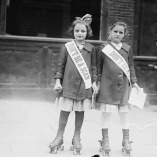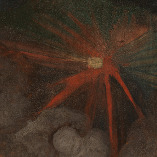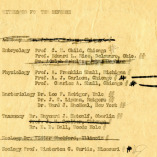
Abandoned barn overwhelmed by kudzu, c. 2006. Photograph by Carol M. Highsmith. Library of Congress, Prints and Photographs Division.
“It is worse, much worse, than you think,” David Wallace-Wells writes at the beginning of his book The Uninhabitable Earth: Life After Warming. “The slowness of climate change is a fairy tale, perhaps as pernicious as the one that says it isn’t happening at all, and comes to us bundled with several others in an anthology of comforting delusions: that global warming is an Arctic saga, unfolding remotely; that it is strictly a matter of sea level and coastlines, not an enveloping crisis sparing no place and leaving no life un-deformed; that it is a crisis of the ‘natural’ world, not the human one; that those two are distinct, and that we live today somehow outside or beyond or at the very least defended against nature, not circumscribed and literally overwhelmed by it; that wealth can be a shield against the ravages of warming; that the burning of fossil fuels is the price of continued economic growth; that growth, and the technology it produces, will allow us to engineer our way out of environmental disaster; that there is any analogue to the scale or scope of this threat, in the long span of human history, that might give us confidence in staring it down. None of this is true.”
On this episode of The World in Time, Lewis H. Lapham and Wallace-Wells go through this litany of delusions and discuss why the minds that could have figured out how better to combat climate change have donated their resources to other causes.
Lewis H. Lapham talks with David Wallace-Wells, author of The Uninhabitable Earth: Life After Warming.
Thanks to our generous donors. Lead support for this podcast has been provided by Elizabeth “Lisette” Prince. Additional support was provided by James J. “Jimmy” Coleman Jr.
